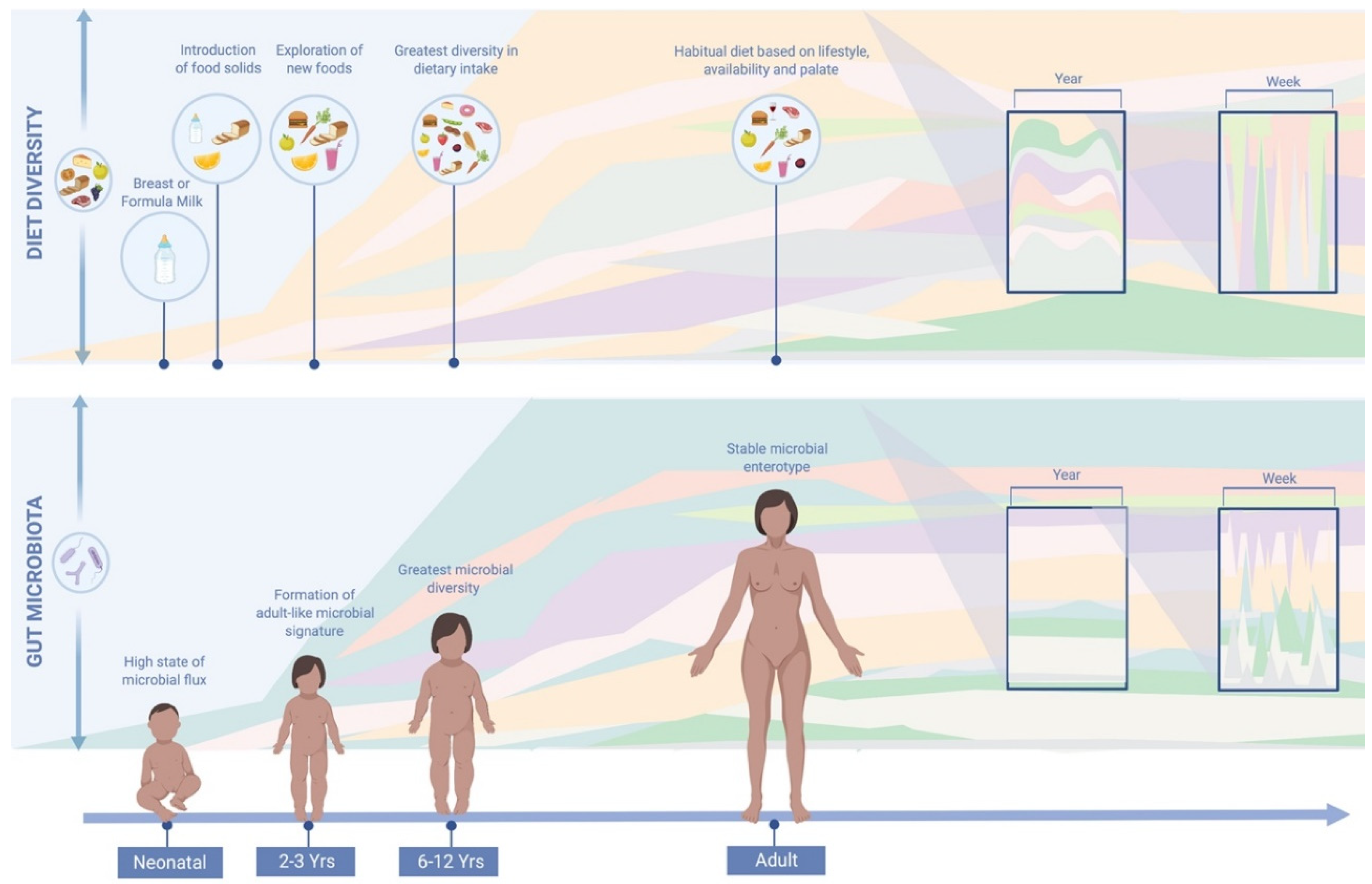
Balancing Act: Insights from Gut Microbiome Studies

Balancing Act: Insights from Gut Microbiome Studies
The human gut microbiome, a complex community of microorganisms residing in the digestive tract, has emerged as a focal point of scientific research. In this exploration of gut microbiome studies, we uncover the significance, breakthroughs, and potential implications for human health.
Unveiling the Microbial Symphony in Our Gut
Gut microbiome studies reveal the intricate symphony of microorganisms that inhabit our digestive system. Comprising bacteria, viruses, fungi, and other microbes, this dynamic community plays a crucial role in digestion, metabolism, and overall immune function. Researchers aim to unravel the complexities of this microbial orchestra and its impact on our well-being.
The Gut-Brain Connection: Beyond Digestion
One of the fascinating findings from gut microbiome studies is the intricate link between the gut and the brain. The gut-brain axis, a bidirectional communication system, influences not only digestive processes but also cognitive function and mental health. Understanding how the microbiome communicates with the brain opens new avenues for addressing mental health disorders through gut-targeted interventions.
Implications for Immune Health and Disease Prevention
A healthy gut microbiome is closely tied to robust immune function. Gut microbiome studies emphasize the role of these microorganisms in training and modulating the

